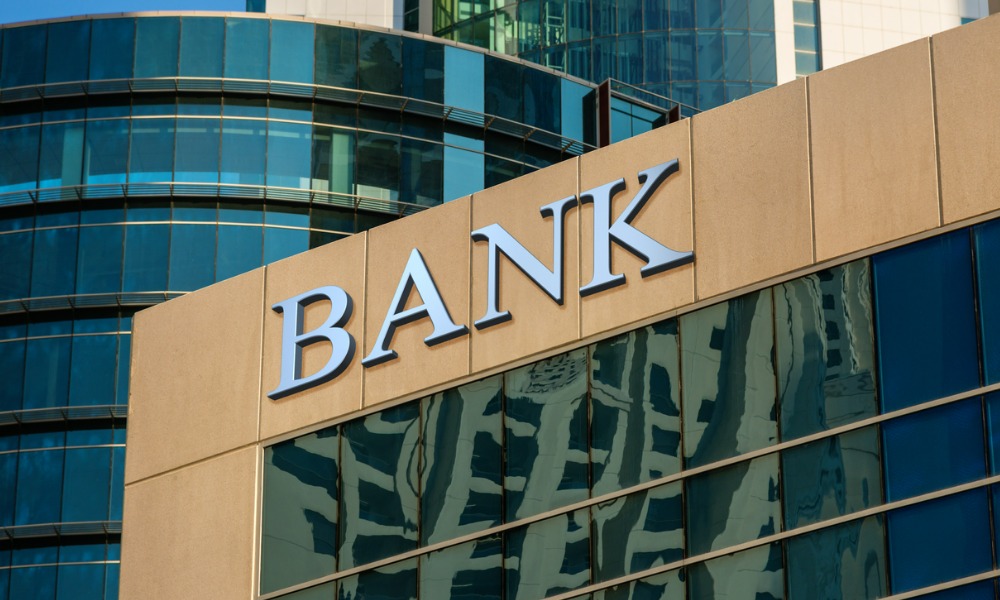CEO cites robust consumer spending and strong employment figures as the reasons behind the decision

Bank of America’s CEO, Brian Moynihan, disclosed that the bank has reversed its initial prediction of an impending recession in light of promising indicators within the economy. The decision was influenced by the strength of the job market and significant consumer spending.
“People are employed, they have money, they are spending money. It looks like we are reaching a pretty good equilibrium,” Moynihan said in a recent interview with Bloomberg Television.
Bank of America’s economists had initially predicted a possible recession in the United States, now making it the first major Wall Street bank to officially reverse its stance amid growing optimism about economic prospects.
The Federal Reserve Chair, Jerome Powell, also played a role in shaping this change when he informed reporters that the central bank’s own economists no longer foresaw a recession.
Despite an aggressive Federal Reserve tightening cycle, the US economy showed resilience this year, leading many on Wall Street to adjust their forecasts for the recession’s timing. Recent data reflected sustained strength in hiring along with moderating inflation, prompting forecasters to reevaluate their recession predictions altogether.
Moynihan said that the probability of inflation accelerating again was low. However, he cautioned that “fiscal drag” from higher interest rates could still be a constraint, leading to tighter lending conditions.
In the Bloomberg interview, Moynihan also touched on the topic of proposed new capital requirements for the largest US banks, which he believed might inadvertently push some banking activities into less-regulated sectors.
“If you get the capital regulations — the banking system — too tight, you push things back outside the tent, and that’s a concern,” Moynihan said, as quoted in Bloomberg.
The proposed measures, released by the Federal Reserve, Federal Deposit Insurance Corp., and the Office of the Comptroller of the Currency, aimed to strengthen banks by ensuring they can absorb unexpected losses. The eight largest banks could face about a 19% increase in capital requirements, with smaller lenders between $100 billion and $250 billion in assets seeing a 5% increment, according to agency officials.
While Bank of America will adjust its model to comply with the new rules, Moynihan expressed concerns that these changes could reduce banks’ competitiveness in the global supply chain.
“There is a lot that has to go over the dam here to get these rules right,” he said.



